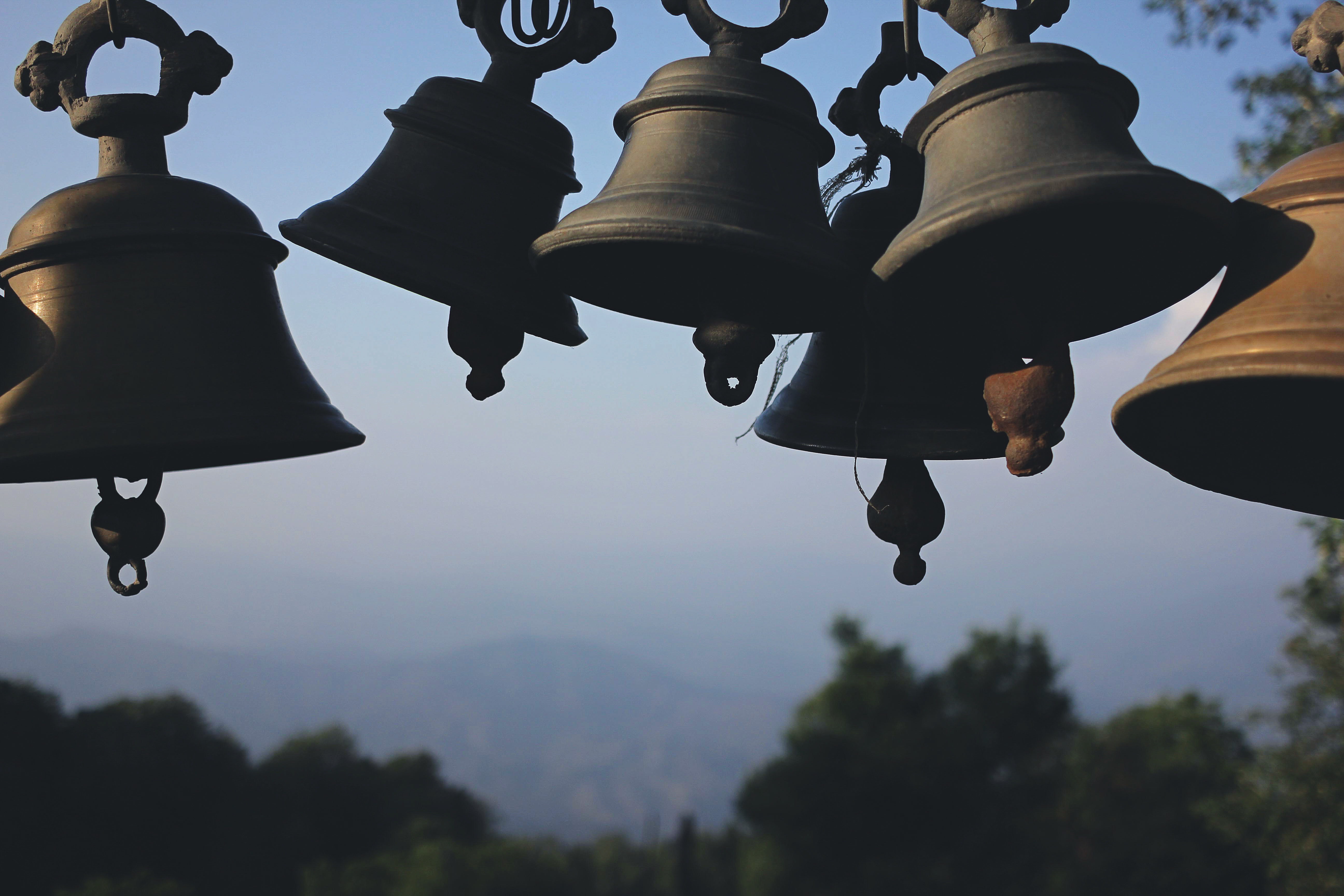Vata is a Sanskrit term that roughly translates into “wind”. This name is given to the energy of movement in our physical and mental bodies. Its qualities are cold, dry, light and mobile, and the more we do that increases coldness, dryness, lightness and mobility in our bodies and our minds, the more we will experience the negative effects of Vata dosha. When Vata is out of balance we experience worry, fear and anxiety in our minds and dryness and pain in our physical bodies. This may manifest as insomnia and digestive irregularities, which are common complaints. Autumn is the start of Vata season; the onset of cold, dry and light weather exacerbates these same qualities within us. Our lives are mobile all year round, but in autumn and early winter this mobility drives us to distraction. Daily routines that pacify Vata dosha will help to minimize the negative impact of the season and balance Vata energy. The use of oils internally and externally is especially beneficial this time of year. Taking in good quality oils through food is essential to keep the body moisturized and protected. External oiling through abhyanga, a daily full body self-massage, is an essential part of the daily routine during the fall and early winter.
Ayurveda, Sound, & The Bija Mantra
Ayurveda is the holistic healing science of India. Its roots are ancient; its principles are set down in the Vedas, the earliest recorded teachings of the Indus culture and believed to be more than 5000 years old. Ayurveda utilizes five sense therapies for healing- creating balance in the body by using sound, touch, color, taste and aroma. In order to understand the profound effect of sound on the body and mind, it is important to review the foundation of Ayurveda- the five elements that make up the entire universe.
Why Treat Digestion First?
I am often asked the question, “Why do we treat the digestive system first if disease originates in the mind?’
I think this is a great question and deserving of a thorough response. So, here goes…
Within the innate workings of the mind, we each have default emotions. These are the predictable ways that we respond to the stresses that we experience.
Your doshic type drives these defaults. For example, those with a Vata nature perceive life as unsafe and fear is the typical response. For Pittas, life is perceived as unjust, or simply annoying, and they commonly respond with anger. Kapha nature tends to perceive life as too among us, life is perceived as too fleeting and unstable and they respond with sadness at its ephemeral nature.

